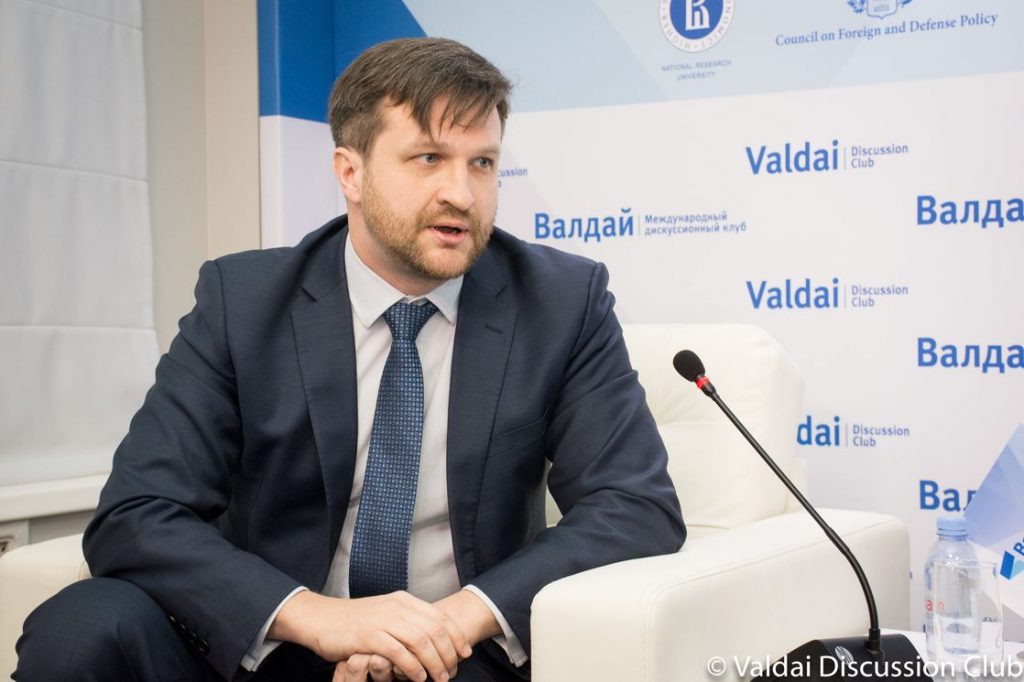On December 27, Andrey Maslov was appointed as the director of the new HSE Center for African Studies. In his interview published by HSE, he spoke about tasks facing the center, whether HSE students will be involved in its work, as well as about Russia-Africa relations and the specifics of business operations on the continent’s markets. RA Journal provides a translation of excerpts from this interview. The original interview is available here (in Russian).
– At what stage are Russian-African relations now? Are there any differences, for instance, from the situation a decade ago?
Today, Russian-African relations, on the one hand, are going through a period of upsurge, on the other hand – structuring, building architecture for the long term. At the end of 2021, we expect a record volume of Russian exports to Africa. This export has a good structure and high added value for the Russian economy. The share of raw materials is minimal among all geographic areas. Oil products, fertilizers, grain, foodstuffs, equipment, high-tech products are supplied. It is also important to note that growth is proceeding almost without credit support or any non-market incentives, this growth has an organic basis.
The Russia-Africa Partnership Forum has been created, which coordinates the activities of Russian federal authorities and state-owned companies. A common strategy in relations with Africa is gradually being built, while Africa itself is becoming an independent subject of world politics.
– What has the Center for African Studies already managed to accomplish?
Even before my appointment, our center has successfully completed a number of works under the guidance of Polina Slyusarchuk. Unfortunately, due to the specifics of expert work, it is not always possible to talk about it publicly; the opportunity to publish the results is always at the discretion of the customer. It is all the more valuable that the study “Africa: Development Prospects and Recommendations for Russian Policy”, carried out with the participation of the Center, was published primarily due to the initiative of the customer. We will continue it (i.e. this work — RAJournal) in 2022. <…> Now, together with the Russian MFA, we are preparing a bilateral conference with African experts, where our proposals on the agenda of bilateral relations will be criticized and refined.
We see the export of Russian expertise and knowledge to Africa as our main task
We must come to the second Russia-Africa summit with a clear, understandable to both sides and working agenda, a roadmap for the development of relations. The Russia-Africa Partnership Forum, with which the Center cooperates, is responsible for the formation of the roadmap itself. My task as a director will be to strengthen this collaboration.
– There are many think tanks and platforms, how will the center differ from the existing formats?
In recent years, we have seen an exponential growth in the number of centers and companies that offer Russian companies expertise in Africa. We see the export of Russian expertise and knowledge to Africa as our main task. The Higher School of Economics has a unique set of expertise. On the one hand, it is the science of the highest level, on the other, it is being introduced and working in practice, in an essentially developing economy (i.e. Russian — RAJournal). Therefore, for Africa, the expertise accumulated by various divisions of the HSE is the best both in data accounting and in the level of elaboration. We will advise African countries, try to make life better and more stable there.
– Do you plan to partner with African universities and scientists?
We will enhance the relationship that HSE has developed with African universities. Any research in Africa requires a partnership with Africans, and one of our strengths is the relations existing at the university within the framework of the BRICS, plus the personal connections – mine and our experts.

